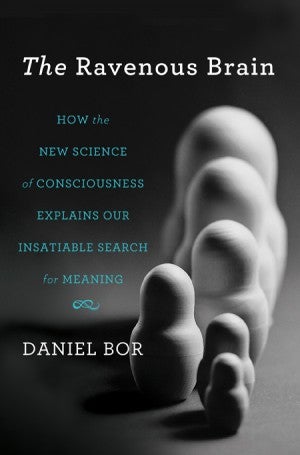-

The Silk Road: A New History
by Valerie Hansen

The Nutshell:
Using recovered documents and records, Yale University historian Hansen delves into the routes that connected China, the Middle East, and Europe 2,000 years ago. They tell a story of trade and discovery far more complex than Marco Polo’s legend.
Literary Lovechild Of:
Laurence Bergreen’s Marco Polo: From Venice to Xanadu and Rachel Louise Snyder’s Fugitive Denim: A Moving Story of People and Pants in the Borderless World of Global Trade.
You'll Find It On Your Bookshelf If:
You’ve always loved poring over your family’s old letters to try to learn more about where you came from.
Cocktail Party Fodder:
Dumplings, wontons, and North Indian naan bread-all baked over a thousand years ago-have been found in northern China, preserved by the dry desert climate. (Rewarming in oven recommended.)
For Optimal Benefit:
See if you can trade a friend or spouse to a spice merchant for 70 bags of frankincense.
Snap Judgment:
We think globalization is new, but Hansen reminds us that cultural cross-pollination has been a constant for centuries. There’s more detail here than most readers might like, but a lot of it is surprising (and fascinating).
-

The Good Girls Revolt: How the Women of Newsweek Sued Their Bosses and Changed the Workplace
by Lynn Povich

The Nutshell:
Working Woman magazine editor-in-chief Povich recalls how in 1970 she and her fellow female Newsweek secretaries, researchers, and mail girls sued the magazine for discrimination-paving the way for major changes for women in the media.
Literary Lovechild Of:
Mary McCarthy’s The Group and Alan Brinkley’s The Publisher: Henry Luce and His American Century.
You'll Find It On Your Bookshelf If:
You adore Nora Ephron’s essays on her early days as a journalist.
Cocktail Party Fodder:
In 1970, 50 men–and one women–were writing for Newsweek; in 2009 the magazine’s masthead was over 40 percent female.
For Optimal Benefit:
Check out these Newsweek women’s history covers and savor the irony.
Snap Judgment:
Povich serves up glamor along with the injustice–it’s reminiscent of Peggy Olsen trying to make it on Mad Men.
-

The Ravenous Brain: How the New Science of Consciousness Explains Our Insatiable Search for Meaning
by Daniel Bor

The Nutshell:
Philosophers have been asking what consciousness is for hundreds of years, but scientists have been slower to catch up. Now University of Sussex neuroscientist Bor presents experiments and studies to show how consciousness works, how it evolved, and what it means to think like a human.
Literary Lovechild Of:
Bruce Hood’s The Self Illusion: How the Social Brain Creates Identity and David J. Chalmers’ The Conscious Mind: In Search of a Fundamental Theory.
You'll Find It On Your Bookshelf If:
You’re given to thought.
Cocktail Party Fodder:
There’s no evidence that subliminal messages influence our behavior.
For Optimal Benefit:
Read before you get your wisdom teeth pulled; you can use your experience under anesthesia to find out how unconsciousness feels.
Snap Judgment:
Bor breaks complex science–and big ideas–into easily digestible, often delightful, bite-sized morsels.



